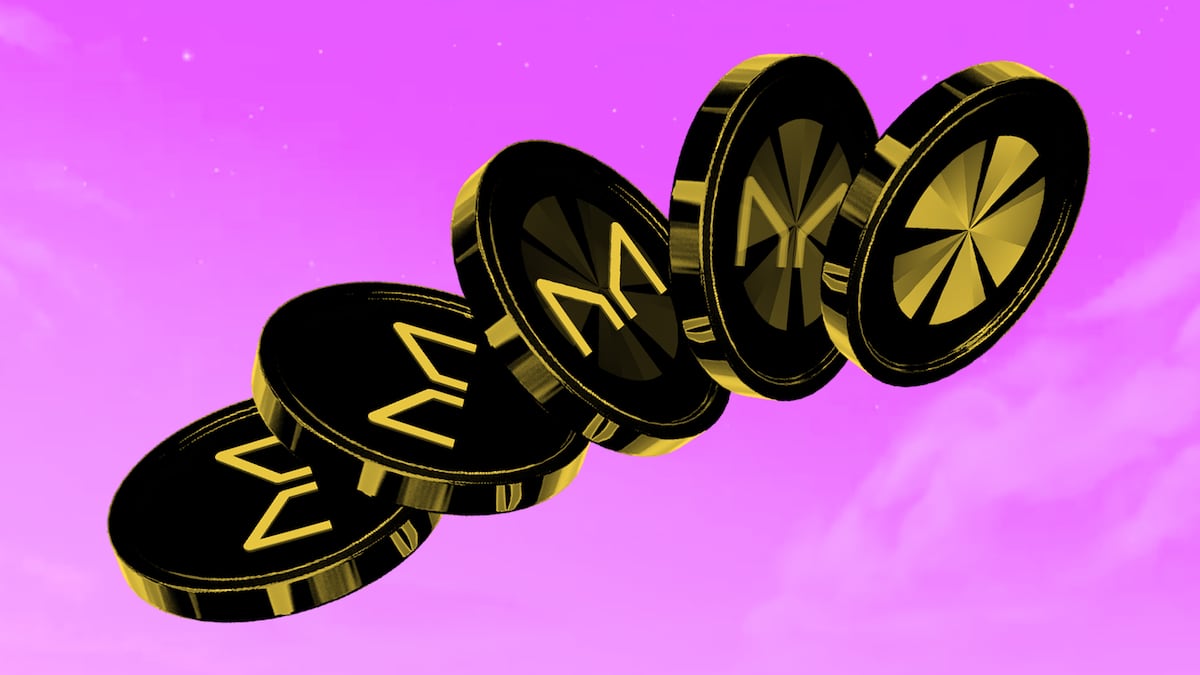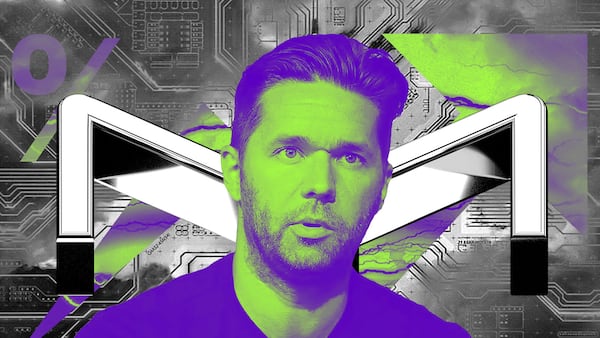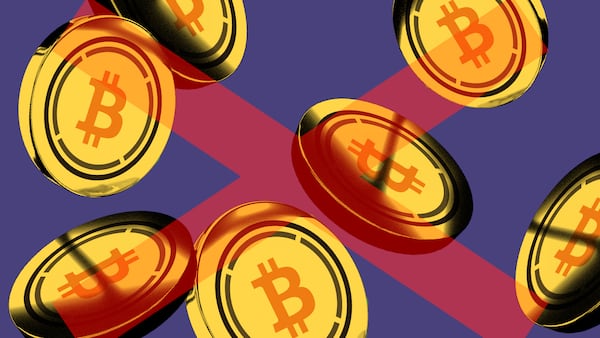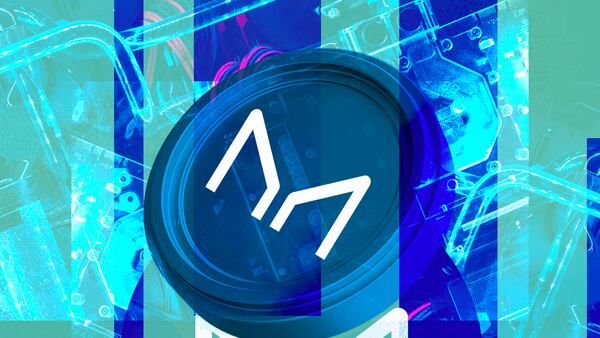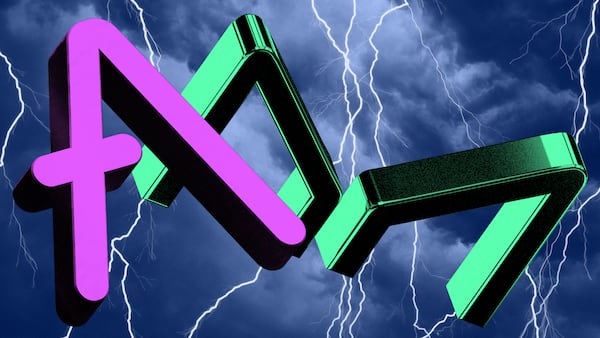- Sky’s new USDS stablecoin contains a freeze function in its code.
- That could make it less appealing to crypto criminals.
DeFi lender MakerDAO just unveiled its long-awaited rebrand to Sky, the latest step in co-founder Rune Christensen’s so-called Endgame plan.
But the reception has been mixed.
The most controversial change is that USDS, the new version of the DAI stablecoin, contains a freeze function in its code, giving Sky discretion to halt USDS transfers from holders’ wallets.
While the move should make USDS a less attractive asset for malicious actors, including hackers, security experts have questions.
“The effectiveness of this measure will hinge on how proactively and under what circumstances the Sky team chooses to implement it,” Michael Lewellen, Head of Solutions Architecture at crypto security firm OpenZeppelin, told DL News.
Lewellen noted how Circle’s USDC, another stablecoin with similar controls, has been slow to freeze stolen funds in some cases due to the need for official legal requests.
“[It’s] certainly a step towards making it less attractive to criminals,” Lewellen said.
Crypto criminals have historically preferred DAI over other stablecoins because of its lack of a freeze function — no authority has the power to freeze or seize tokens.
Centralised stablecoins, like Tether’s USDT and Circle’s USDC, have freeze functions, allowing them to confiscate funds from criminals and comply with anti-money laundering regulations.
For Sky, which has backed DAI with $2 billion worth of real-world assets — including US government bonds — complying with such regulations is something it can’t ignore.
With a circulating supply of around $5.3 billion, DAI is the third biggest crypto stablecoin.
Christensen has said Sky’s goal is to raise the DAI supply to “$100 billion and beyond.”
Don’t freeze my DAI
Some don’t like the change because they say it’s antithetical to crypto’s promise of creating a decentralised, trustless financial system.
By giving an entity the power to freeze tokens, it requires users to trust it won’t abuse that power.
But at the same time, this un-freezability is a boon for hackers.
They have routinely swapped stolen assets with freeze functions — like USDT and USDC — into DAI, or other unfreezable assets like Ether, at the earliest opportunity.
For example, the hacker who stole $450 million from FTX shortly after the defunct exchange declared bankruptcy in 2022 swapped portions of the stolen funds to DAI.
Grzegorz Trawínski, an auditor at blockchain security company Hacken, is optimistic.
“It’s a step that could prove essential in ensuring the longevity and safety of the ecosystem,” Trawínski told DL News.
Trawínski said the move also reflects a broader industry recognition that centralised mechanisms can be necessary for safeguarding platforms and users.
Sky doesn’t plan to completely do away with the unfreezable version of its stablecoin, though.
In a May post on the Sky governance forums, co-founder Christensen laid out a plan to transition DAI to PureDai — an immutable, unfreezable version of the stablecoin that will have no permanent connection to Sky.
“Original DAI will still exist,” Lewellen said, adding that it could still be a popular choice for those who prefer decentralised options without restrictions — including criminals.
But there is a caveat. If Sky’s new USDS stablecoin is successful, users will migrate to it from DAI and its liquidity will fall.
And with fewer DAI in circulation, bad actors will have a harder time using it.
Tim Craig is DL News’ Edinburgh-based DeFi Correspondent. Reach out with tips at tim@dlnews.com.
